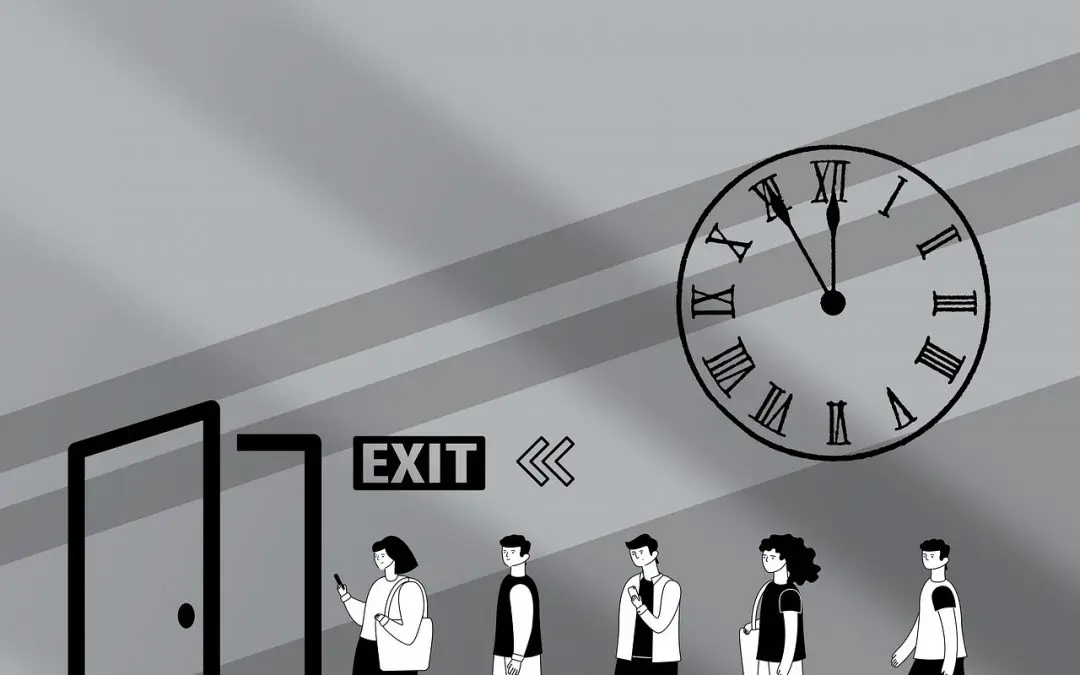There are many reasons that an employee may decide that they want to leave their current job, whether it is the opportunity to pursue a new career path, changes in the structure of the business/organisation, or to spend more time at home with family.
In some circumstances, however, an employee may depart their job on less than amicable terms, in which case they may choose to file a claim for constructive dismissal.
What is Constructive Dismissal?
In Ireland, constructive dismissal is when an employee leaves their job due to the conduct of their employer. This usually occurs when the behaviour of an employer has become so intolerable at work that the employee feels they have no further recourse but to resign from their position, with or without notice.
Some common examples of why an employee may choose to leave their job in this instance includes bullying, harassment, a reduction in pay, unprofessional treatment from their employer or a co-worker, or a change in working location.
Steps to consider prior to Constructive Dismissal
Making the decision to resign from your job due to the conduct of your employer is a big step, one that should only be taken as a last resort when all alternative methods to amend the situation have been exhausted.
Before resigning, be sure to raise the issue with your employer promptly. It may be the case that they were unaware of your concerns, so be sure to give your employer the opportunity to discuss the issue and attempt to resolve it.
The organisation may also have existing grievance procedures in place to help you resolve the issue prior to resigning, or you may wish to make a formal complaint to the HR department.
I have decided to resign. Can I make a claim for Constructive Dismissal?
If you believe that the issue cannot be satisfactorily resolved with your employer and you feel that you have no recourse left other than to resign, you may claim you were constructively dismissed from your role.
In order to claim for a constructive dismissal claim in Ireland, there are a number of conditions that must be met. The first is that you must have been working for the organisation for a period of twelve consecutive months. Once you have left the position, you then must bring your claim within 6 months from the date your job ended.
In certain cases, this can be extended to 12 months if extenuating circumstances prevented you from filing the complaint within the initial 6-month timeframe.
As it was the decision of the employee to terminate their contract, the onus will be on them to prove that the dismissal was constructive, and that the decision to resign was reasonable.
Where can I find further information/advice on a constructive dismissal claim?
Constructive dismissal can be a complicated area of employment law in Ireland, and the decision to resign from your job is not one that should not be taken lightly. It is therefore strongly recommended that you seek the help and guidance of an experienced solicitor who specialises in such matters when taking your claim to the Workplace Relations Commission for constructive dismissal.
Employing the services of a solicitor for your case will be hugely beneficial as they will assist in preparing all of the required documentation, as well as helping you to prove the significant breach of your contract that led to your resignation as you seek compensation.
*In contentious business, a solicitor may not calculate fees or other charges as a percentage or proportion of any award or settlement.*


